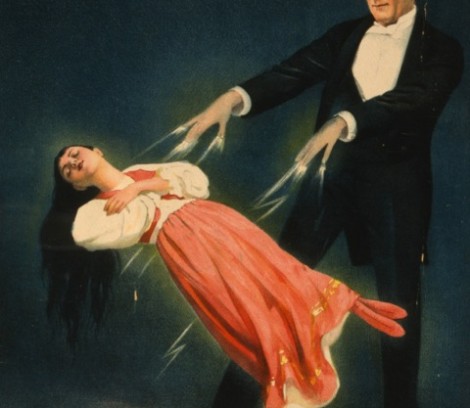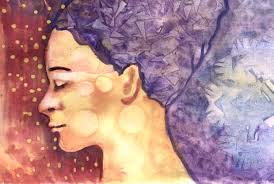Fourth Sunday of Easter
“I am the good shepherd … A good shepherd lays down his life for his sheep.” Jn. 10:11
“A record wave of deadly shootings hits US Cities.”
This was a recent headline that addressed a growing and seriously disturbing issue in America.
The article proceeded to report on the singular issue of continued violence facing our country – “the violence that comes amid a backdrop of nightly protests against police brutality, the ongoing pandemic and the subsequent economic devastation caused by widespread unemployment.”
Another article claimed that “the rate and variety of violence in America is ‘alarmingly high.’”
Homicides in some major cities are up as much as 40%!
Nationally, according to the most recent data for which gun violence is available, 48,830 people have died of gun violence in the United States. To quote President Biden, “Every single day there’s a shooting. Every single day.”
In stark contrast to all this terrible viciousness, today’s Gospel presents us with the kind and gracious image of Jesus as the Good Shepherd.
John’s Gospel is famous for using a multitude of images to help us understand who Jesus is and what kind of relationship he can enter into with each of us.
For example, Jesus is presented as “living water,” as the “light of the world,” as the “bread of life,” as the “Son of the Father,” as the “One who has been sent,” and as the “revealer of the one true God”.
Today he draws another picture for us:
The Good Shepherd.
As such, he helps us to see that he is the Shepherd who will not abandon his flock, who will always be there to protect his flock from harm, as the One who “knows” his sheep so intimately that he can call each by name.
The emphasis is consistently on the tender and kind attributes of gentleness and familiarity and intimate connection.
In other words, Jesus wants to underline as strongly as he can that he is the very image of the precise opposite of the horrific violence so many people are subjected to in their everyday lives.
But the question remains:
If Jesus is the Good Shepherd, if his love for each of us is that intimate and that endearing, then what about all the violence that surrounds us? What about the endless wars, the killings of one another, the terrible ferocity that so many people must endure?
Where do we find the Good Shepherd in the world of today?
The earliest Christians clearly understood this challenge. Their answer to these questions was:
We are the ones who are called to make the Good Shepherd a reality by our embrace of non-violence.
We are the ones who must become the grain of wheat that embeds ourselves into the soil of society and grows into a movement that insists upon the protection of the vulnerable, the proclamation of peace at all costs, the voice that protests those who blindly want to rush into conflict, the constant challenge to always stand up for those who are weak and defenseless.
These earliest Christians believed this because they witnessed it first-hand in Jesus himself.
Jesus demonstrated it consistently by the way in which he treated the poorest of the poor. Jesus dramatized it by the way he made blind people see, and the way he made the skin of leprous people smooth, and the way he made sick people well, and the way he made hungry people full, and sinful people forgiven.
These earliest Christians believed all this because Jesus taught it to them by his words, shared it with them in the meals he ate with them, revealed it to them by depicting God’s ultimate love and partnership with a crucified body – the total gift of himself on behalf of all.
The earliest Christians knew in their hearts that the single most important message Jesus gave them through his Easter resurrection is the understanding that the staff of the Good Shepherd was now passed on to them.
They were to set the example.
They were called to demonstrate how they were now different people, transformed people.
They were now people who were to be bold and courageous and filled with passion – the kind of passion that speaks out against all the killing; the kind of people who are willing to do all they can to create a safe environment for people to live in; the kind of people who will create jobs, who will pass laws that defend the defenseless, who will speak out against the mounting violence that is escalating so rapidly, who will vote to end the seeming addiction to guns manufactured to kill as many people as possible, who will create new ways to protect the defenseless.
Admittedly, it’s a heavy duty. It’s a serious obligation. It’s a risky endeavor.
Because it is one that involves demonstrating another way of treating one another – the way taught us by the Good Shepherd.
Perhaps the Rev. Billy Graham said it best when he wrote:
“We are the Bibles the world is reading;
We are the creeds the world is needing;
We are the sermons the world is heeding.”
Or, the words of Martin Luther King:
“I simply taught, preached, and wrote God’s Word. Otherwise, I did nothing.”
Is it our turn now to do that same kind of “nothing?”
Ted Wolgamot, Psy.D.







